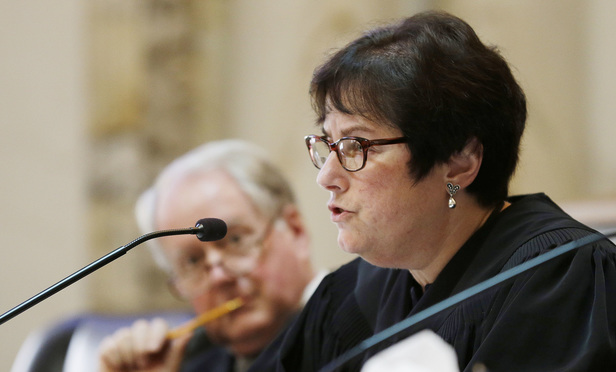SAN FRANCISCO — For the second day in a row, the U.S. Court of Appeals for the Ninth Circuit on Friday declined to revisit a decision interpreting the Computer Fraud and Abuse Act. In doing so, the court effectively cleared its docket of cases delving into the controversial anti-hacking statute. And by tweaking the language of its opinions in Facebook v. Vachani and US v. Nosal, the court made moves to mollify civil libertarians who warned that broad interpretation of the Computer Fraud and Abuse Act, or CFAA, could criminalize everyday online behavior such as password-sharing.
In the Facebook case, the Ninth Circuit indicated Friday that it had denied en banc review of a decision that held a social-media company had violated the CFAA by scraping data from Facebook servers after receiving a cease-and-desist letter.The move follows Thursday’s announcement that the Ninth Circuit wouldn’t take another look at its decision affirming the criminal conviction of executive recruiter David Nosal. As it did in the Nosal case a day earlier, the court’s amended opinion in Facebook honed in on the facts of the underlying case, suggesting it does not view the decisions as wide-reaching.
This content has been archived. It is available through our partners, LexisNexis® and Bloomberg Law.
To view this content, please continue to their sites.
Not a Lexis Subscriber?
Subscribe Now
Not a Bloomberg Law Subscriber?
Subscribe Now
LexisNexis® and Bloomberg Law are third party online distributors of the broad collection of current and archived versions of ALM's legal news publications. LexisNexis® and Bloomberg Law customers are able to access and use ALM's content, including content from the National Law Journal, The American Lawyer, Legaltech News, The New York Law Journal, and Corporate Counsel, as well as other sources of legal information.
For questions call 1-877-256-2472 or contact us at [email protected]



